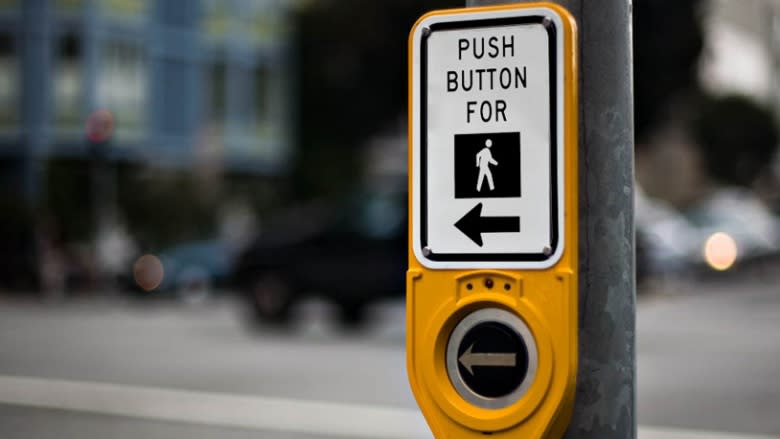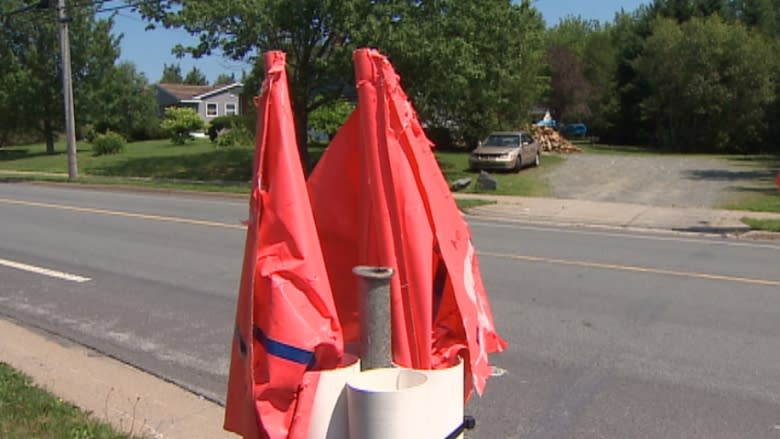Halifax council aims to eliminate deaths and injuries from car accidents
Halifax council unanimously passed an amended road safety strategy on Tuesday that aims to eventually result in zero deaths and injuries from car accidents on Halifax's roads, but don't call it a plan yet.
According to the strategy, on average there are 1,400 personal injuries and 14 deaths per year in the municipality stemming from vehicle collisions.
The strategy's goal is a 20 per cent reduction in fatal and injury collisions within five years, moving toward an end goal of having zero deaths and injuries on Halifax roads.
Councillors took issue with calling the strategy a plan as it did not contain a formal budget or a lengthy list of initiatives. As a result, council agreed to rename the Strategic Road Safety Plan to the Strategic Road Safety Initiative.
"It's a step in the right direction, but it's not a plan yet," said Coun. Matt Whitman.
The city's strategy follows a Vision Zero principle, which is an international road traffic safety project aimed at achieving no fatalities or serious injuries involving road traffic.
The city's strategy does not set a goal of zero, but instead states the municipality will move "toward zero."
Deputy Mayor Waye Mason said though some fatalities may be unavoidable, he wants to move toward Vision Zero by 2038. This 20-year goal was passed unanimously.
The city's strategy includes updating existing road safety initiatives, such as the installation of five new sidewalks with rectangular flashing beacons on them.
Halifax's traffic management staff will also be initiating a pilot project this summer to install fluorescent yellow-green material on sign posts at uncontrolled marked crosswalks, according to the plan.
Traffic manager Taso Koutroulakis told council the plan's Vision Zero fatalities mission statement was faced with significant debate.
He said there were some stakeholders who brought up higher percentages than the agreed upon 20 per cent five-year goal, with some bringing forward goals of upwards of 40 per cent.
However, Koutroulakis said a 10 to 15 per cent reduction over five years is in line with other road safety programs, such as London, Hamilton, and the Region of Peel in Ontario.
Read more articles from CBC Nova Scotia



